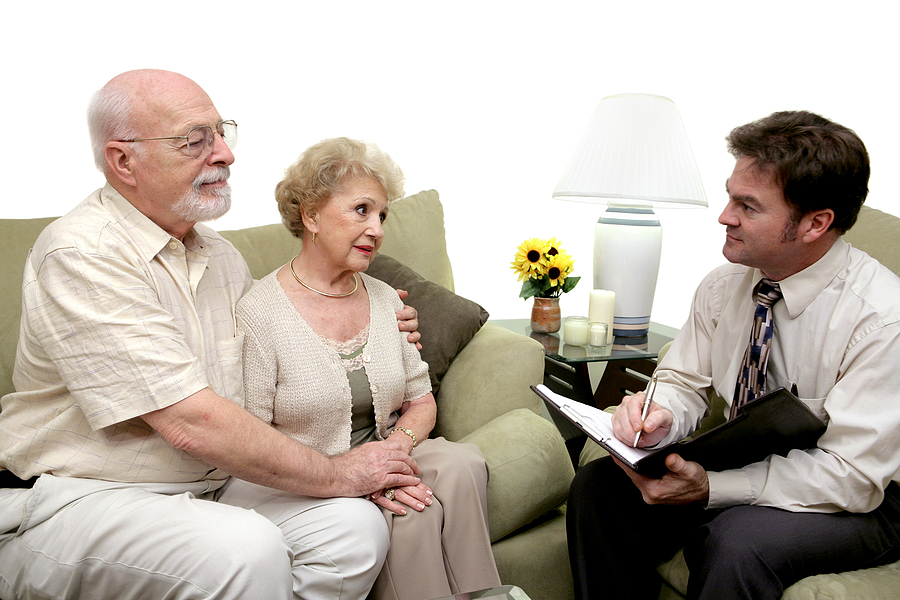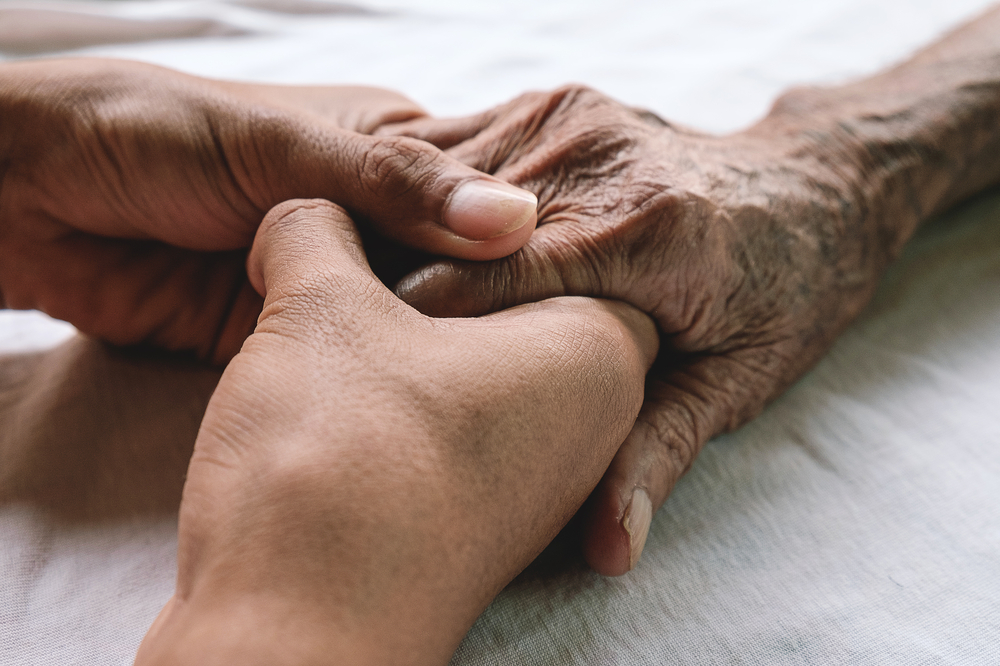Counseling for Elderly Adults: When to Consider
Category:

Geriatric counseling and psychotherapy for seniors are on the rise as more baby boomers reach and exceed the age of 65. Counseling older clients has become a routine part of the geriatrician’s protocol for their elderly patients.
When Bette Davis said, “old age ain’t for sissies,” she wasn’t kidding! The effects of aging sneak up on us like a noisy alarm clock waking us up from a peaceful night’s sleep. It’s no wonder therapy for elderly adults has become a part of the whole health plan for seniors.
When we think about getting older, we dream of retirement, traveling to exotic places, spending time with the grandchildren, leisurely mornings sipping coffee, riding bikes on the greenway, and playing golf twice or three times a week.
No one is prepared to look in the mirror and see grandmother’s furrowed face peering back at you, but one day, there she is! Then there’s that pesky arthritis thing. When did it become an ordeal to get in and out of the car?
Simple tasks like opening a jar of spaghetti sauce or changing bed sheets are not as easy as they used to be.
In a society that promotes youth, fitness, and overall well-being, it is increasingly difficult for elderly adults to feel like a part of that society.
We also experience loss as we age. When we lose a spouse, sibling, parent, or dear friend, we begin to think about our mortality. Loneliness and apprehension about the future are common causes of depression in the elderly.
Download a Free Guide to Home Care
Counseling for elderly people is one of the best ways to help transition into the “golden years,” feeling confident and optimistic about the future.
Counseling services for the elderly can help you or your loved one understand and cope with the changes you are experiencing. The typical obstacles we encounter as we age are usually manageable and don’t have to lead to isolation and depression. Counseling for seniors can help manage emotions and lead to new sources of enjoyment and fulfillment.
Despite some of the challenges of aging, many seniors resist seeking therapy. Elderly people have lived their lives with a different mindset than the one that prevails today. They were accustomed to solving their problems or pretending they didn’t have any problems, even in the worst of times.
The way therapy is administered has changed and evolved over the years. Many seniors are not comfortable seeking counseling or mental health services in a doctor’s office or clinical environment.
In-home counseling for seniors is available for those who feel more relaxed in the comfort of their own environment. In-home therapy feels more like having a conversation with a friend than receiving treatment or medical intervention.
You can contact your medical health professional, the local senior center, or any agency that offers services to the elderly to get information about the services available in your area.
You might want to ask your physician to make a referral to a behavioral health professional who offers telehealth services. This is an option for anyone who isn’t comfortable having someone in their home during these unsettling times with Covid-19.
Check out the resources in your community and find the service that is most comfortable for you. Aging doesn’t have to be a time of fear, anxiety, and depression as you face the challenges that are part of the process.
Reach out to access the support you need to make these years some of the best years of your life. You can find joy and contentment in your life as long as your mental health is well-balanced, and your attitude says, “I can do this!”
Subscribe
Date: January 26, 2021
Category:


